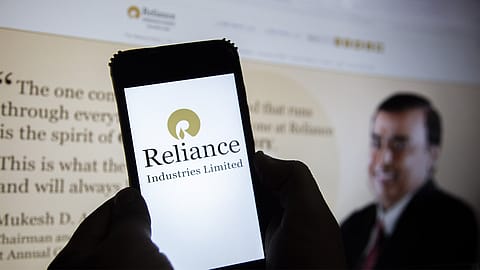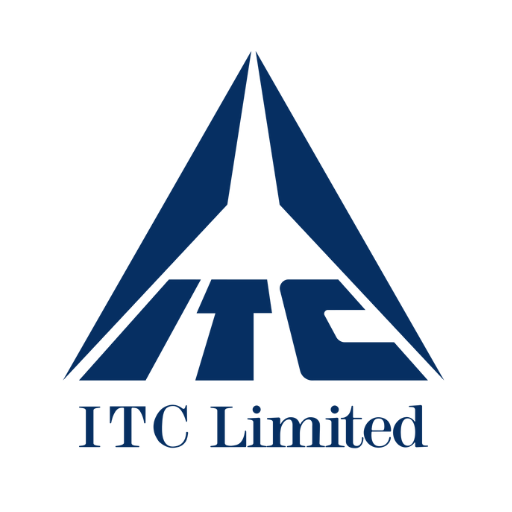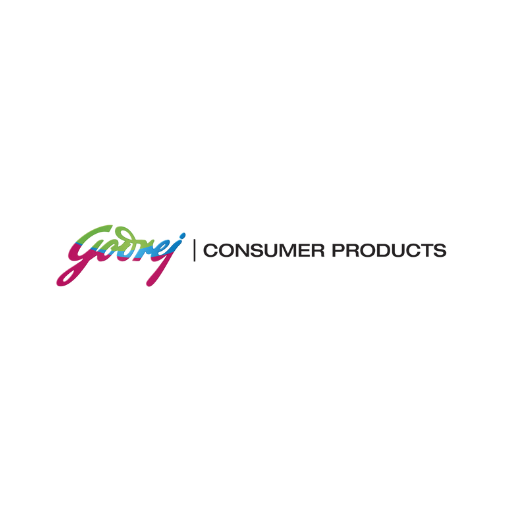Why Reliance’s FMCG blitzkrieg is hard to ignore
An aggressive M&A playbook and deep distribution give Reliance Consumer a decisive lead over Patanjali Ayurved—even as old guards feel the heat.

When Reliance Industries Ltd (RIL) set foot into the fast-moving consumer goods (FMCG) space in late 2022, few imagined the conglomerate would bulldoze its way past ₹11,450 crore in sales in just about two years. At the close of FY25, Reliance Consumer Products Ltd (RCPL), the FMCG arm housed under Reliance Retail Ventures Ltd (RRVL), has emerged as the fastest-growing FMCG business in India — overtaking some rivals and emerging as a formidable challenger to the old guard.
At the heart of this explosive growth lies a well-crafted, aggressive strategy: revive iconic but struggling Indian brands, supplement them with smartly created homegrown labels, backed by Reliance’s retail heft across 1 million outlets and 3,200 distributors to push them deep into the desi hinterland.
The M&A machine
Rather than building brands painstakingly from scratch, Reliance fast-tracked its ambitions through a series of sharp acquisitions. From Campa Cola (Beverages) to Ravalgaon (Candy), SIL sauces (spreads and condiments) to Velvette (shampoos) — the strategy is clear: rescue heritage brands with strong consumer recall but declining fortunes, breathe new life into them with fresh marketing, aggressive pricing, and unparalleled distribution muscle.
"Reliance's smart investment behind the yesteryear brands and the support from their retail chains along with aggressive push has got them over a very big milestone," Sriprakash Nadadhur Sridharan, founder of Prajna Consulting, tells Fortune India. "They picked companies that were experienced either by millennials or Gen X. While peers like ITC or HUL are acquiring for health, organic or premium positioning, Reliance is building their blocks with nostalgic and new creations," elaborates Sridharan.
Take Campa Cola for instance. Once a beloved Indian cola brand that vanished for nearly two decades, Campa is now buzzing again, climbing towards ₹1,000 crore in turnover. It’s even carved a presence internationally, debuting recently in the UAE through a tie-up with Agthia Group. "Campa Cola has become a buzzword this summer," notes Sriprakash. "Despite not matching the distribution might of cola giants, Reliance carved out space with smart marketing and competitive pricing." As of Q3 FY25, Campa has reportedly 10% market share in sparkling beverage category in select states.
Similarly, the acquisition of Velvette—an iconic brand linked with India's sachet revolution—demonstrates RCPL’s patient play. The 45-year-old brand, once famous for manufacturing and distributing shampoos in sachets, halted its production post Covid. At the time of the acquisition, Ketan Mody, COO at Reliance Consumer Products, had said: "I understand there hasn't been brand recall (in recent times) since production was halted, but we can change that in a short span of time."
Recommended Stories
Sriprakash believes RIL can turn around the brand’s fortunes: "Velvette, which had just become a management case study for innovation, is now Reliance’s to revive. Some of these brands took ages to become ₹1,000 crore brands or build a ₹10,000 crore company. Reliance is doing it faster.”
Turning the heat on rivals
RCPL’s blistering pace has already seen it decisively outgrow Patanjali Ayurved’s FMCG vertical. Patanjali’s core FMCG operations, excluding edible oils, are estimated at around ₹10,000 crore. Meanwhile, RCPL posted ₹11,450 crore in revenues for FY25 — achieving in two years what took other FMCG players over a decade.
However, Godrej Consumer Products Ltd (GCPL) remains marginally ahead for now. GCPL posted ₹11,010 crore in revenues for the first nine months of FY25, which annualizes to around ₹14,680 crore for the full year. While RCPL has not yet overtaken GCPL, the gap has narrowed dramatically — and if Reliance maintains its current momentum, it could surpass GCPL in the next 12 to 24 months.
(INR CR)
In effect, RCPL is now firmly among the top five FMCG companies in India by revenue, trailing only HUL, ITC, Nestlé, and Godrej Consumer — a stunning climb for a business that barely existed two years ago.
Building a house of brands
While acquisitions have been the lifeblood, Reliance isn’t relying on nostalgia alone. Its homegrown brands—like Independence in staples (atta, edible oil, rice, sugar) and personal care labels like Dozo, Enzo, Glimmer, Puric, and Get Real—are steadily gathering steam. Independence is likely to have crossed ₹1,000 crore in FY25 based on what the management had said during the Q3 FY25 earnings call.
According to Reliance, 60% of RCPL’s current sales come from general trade— an increase of 3.5x year on year in FY25, and which is in sharp contrast to other new-age FMCG entrants who focus predominantly on e-commerce. With the plans afoot to expand into the Middle East and Asia, Reliance's distribution-first approach gives it a meaningful edge.
With an ongoing capital infusion plan of ₹3,900 crore into RCPL and a continued focus on affordable, quality products, Reliance’s FMCG ambitions are just getting started.
Whether brands such as Campa and Velvette can do for FMCG what Jio did for telecom—a mass disruption on an unprecedented scale—is still to unfold. But one thing is already clear: Reliance is not playing by the old FMCG rulebook. It's building a new, nostalgia-powered, distribution-anchored house of brands at a pace India’s consumer goods industry has rarely seen. ""The best part is it is not just an e-commerce-driven story but also a powerhouse which is reaching the masses through both traditional and modern trade. They have already started creating waves, not just testing waters," says Sridharan.
As RCPL’s momentum grows, it's also sharpening the broader value of Reliance's retail empire. Analysts currently value RRVL — which houses the FMCG business—between ₹7.52 lakh crore and ₹10 lakh crore, assigning a value of ₹625 per share. In other words, even with Reliance’s stock trading around ₹1,000, the underlying value from its retail and FMCG bets could well make it a value stock poised for a rerating.




